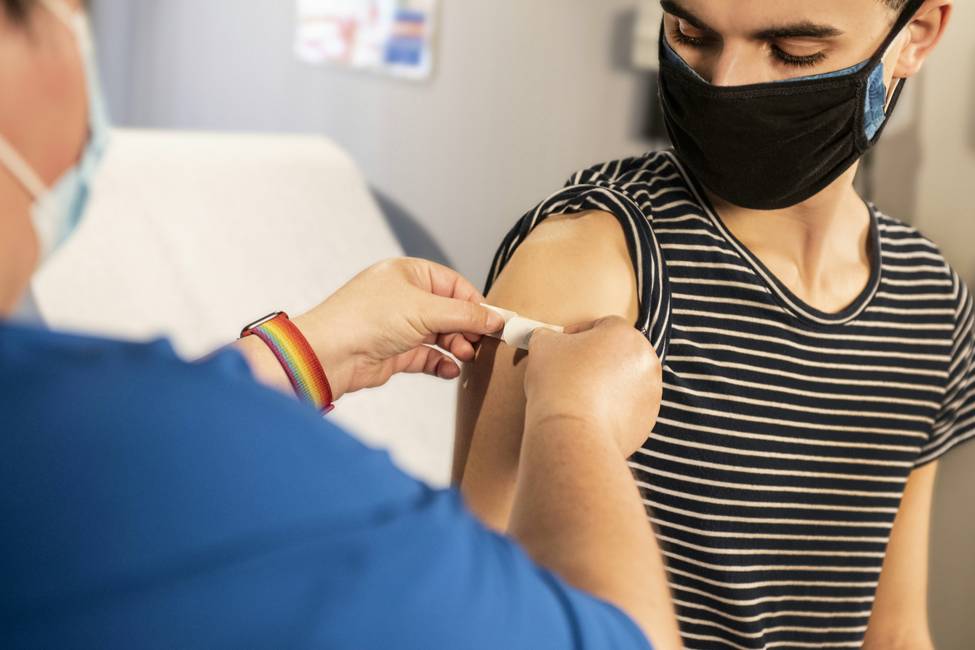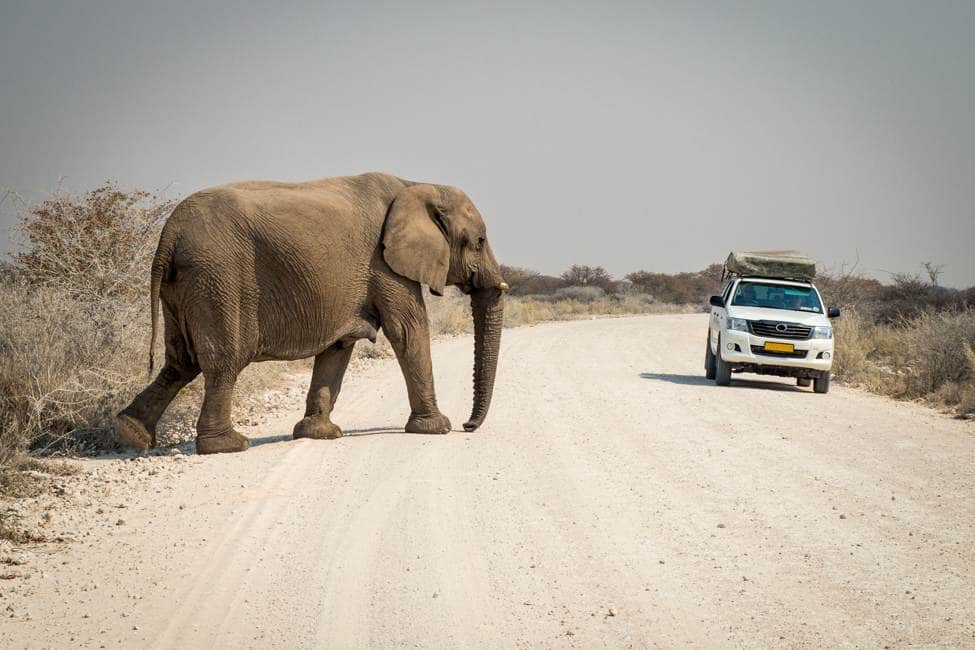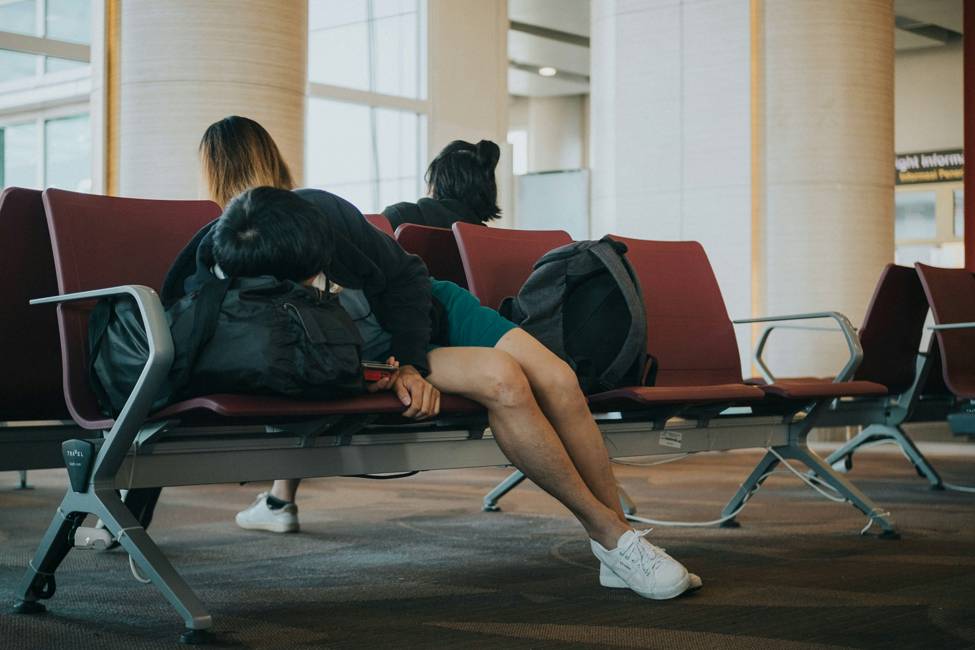Staying Healthy on Your Safari
Planning an African safari? Before you pack your bags and board the plane, there’s one crucial step you shouldn’t overlook—visiting your doctor.
Why? Traveling exposes your body to new environments it might not be used to. When you prepare ahead of time, you reduce the chances of illness interrupting your trip. Who wants to travel halfway around the world just to stay in bed all day?
In this article, we’ll go over the basics of healthy travel. Of course, this article is not a substitute for medical advice. For the best information about preparing for travel abroad, always consult a trained medical professional who specializes in travel medicine.

Visit Your Travel Medicine Specialist
The U.S. Centers for Disease Control recommends visiting your primary care provider or a travel medicine specialist at least 4 to 6 weeks ahead of your trip. Bring a copy of your complete itinerary. During your appointment, you should discuss:
- Where you’re going and places you’ll be staying (camps, lodges, hotels)
- How long you’ll be gone
- Types of activities (hiking, game drives, city tours, etc.)
- Your existing medical conditions and how to manage them while traveling
- Vaccines to get before you go
- Medicine to bring
- Minimizing jet lag
If you plan to visit high elevations (like Tanzania’s Mount Kilimanjaro or Ethiopia’s highlands), ask your medical provider about preparing for altitude sickness. They may be able to provide medications that can help.

Common Travel Vaccines & Medications
The following vaccines and medicines are commonly recommended for travel to Africa. Which ones you need depend on where you’re going and what you’ll be doing.
- Yellow fever vaccine. Yellow fever is a viral illness common in certain parts of equatorial Africa. The good news is that a single dose of the yellow fever vaccine offers lifelong protection. In East Africa, Uganda is the only country that requires proof of yellow fever vaccination; however, it is also strongly recommended for travel to western Kenya. Most other African countries require proof of yellow fever vaccination if you travel from a country where the disease is common, or if you had a layover of more than 12 hours at an airport in one of those countries. For more information, visit the World Health Organization website.
- Hepatitis A & B vaccines. Hepatitis A and B are liver infections. They spread through contaminated food, water, or bodily fluids.
- Typhoid vaccine. Typhoid fever is a bacterial infection spread through eating or drinking contaminated food or water. You can get your typhoid vaccination as a shot or oral medicine.
- Malaria medicine. Malaria is an infection passed through mosquito bites. If you are going to an area with malaria mosquitos, taking anti-malaria drugs each day can help keep you from getting the illness. Your healthcare provider may prescribe anti-malaria medication for you to take before, during, and/or after your trip, depending on your itinerary.
- Meningitis vaccine. Meningitis is a potentially serious bacterial infection. It can damage the brain and spinal cord. Certain regions of Africa around the equator are more prone to outbreaks, particularly during the dry season. The meningococcal vaccine is recommended for travelers going to these areas.
- Polio vaccine. Although polio is rare, some parts of the world still have polio outbreaks. Your doctor will let you know if you need a vaccine or booster.
- Routine vaccinations. Make sure you are up-to-date on your routine vaccinations, such as tetanus, measles, flu, and COVID. The last thing you want is for a preventable illness to ruin your trip!

What Health Items to Bring
In addition to seeing your healthcare provider, you should pack these travel health essentials before you depart:
- Prescription drugs. Bring any prescription drugs you’ll need, plus extra in case of travel delays. Keep medicines in their original packaging with original labels stating your name, your provider’s name, the medication name, and the dosage. Bring along a document signed by your medical provider that confirms these drugs have been prescribed to you.
- Immunization records. Please research immunization record requirements for the country or countries where you will be traveling. Some may request to see immunization records upon entry. For example, if you are traveling to a country that requires yellow fever vaccination, bring your yellow fever vaccination certificate.
- Medical equipment. Bring along any necessary medical equipment, including CPAP machines and electrical adaptors. Let Ujuzi know ahead of time so we can work with your lodgings to ensure everything is in place for your equipment to run smoothly.
- Anti-diarrheal medication. Traveler’s diarrhea is a common issue when visiting visitors new countries. Pack some anti-diarrheal medication for peace of mind. When traveling, stick to bottled or filtered water, avoid ice cubes while out and about (ice cubes made from filtered water at lodges and camps are fine), and be cautious with street food.
- Personal first aid kit. Have a small first-aid kit for minor injuries or illnesses. Pack bandages, antibiotic and hydrocortisone cream, pain relievers, antiseptic wipes, antihistamines, antidiarrheals, rehydration salts, and prescribed medications.
- Face masks and hand sanitizer. Bring some disposable face masks to prevent the spread of germs as needed. Hand sanitizer gel and wipes let you clean your hands when water is not available.
- Sun protection. Most of Africa is located in the tropics, and the sun can be intense. So don’t forget sunscreen (SPF 30 or higher), a wide-brimmed hat, and sunglasses to protect skin and eyes from harmful UV rays.
- Insect protection. Pack insect repellent and wear long sleeves and pants as needed to keep mosquitos, tsetse flies, and other insects at bay. When applying, put on sunscreen first, then bug repellant.
Your Health is Key to a Memorable Trip
A quick trip to the doctor before you travel goes a long way to ensuring that your trip is memorable for all the right reasons. With the right precautions, you can avoid many travel illnesses that might keep you cooped up in bed instead of out enjoying your destination. Preparing in advance will help you avoid health hiccups on your trip, letting you focus on creating incredible memories that last a life time.
To plan your African safari, contact Ujuzi today.
Sign up for the Ujuzi Newsletter!
From top travel tips to innovative safaris and conservation movement, get inspired to plan your next African safari!
By submitting this form, you are consenting to receive marketing emails from: . You can revoke your consent to receive emails at any time by using the SafeUnsubscribe® link, found at the bottom of every email. Emails are serviced by Constant Contact








